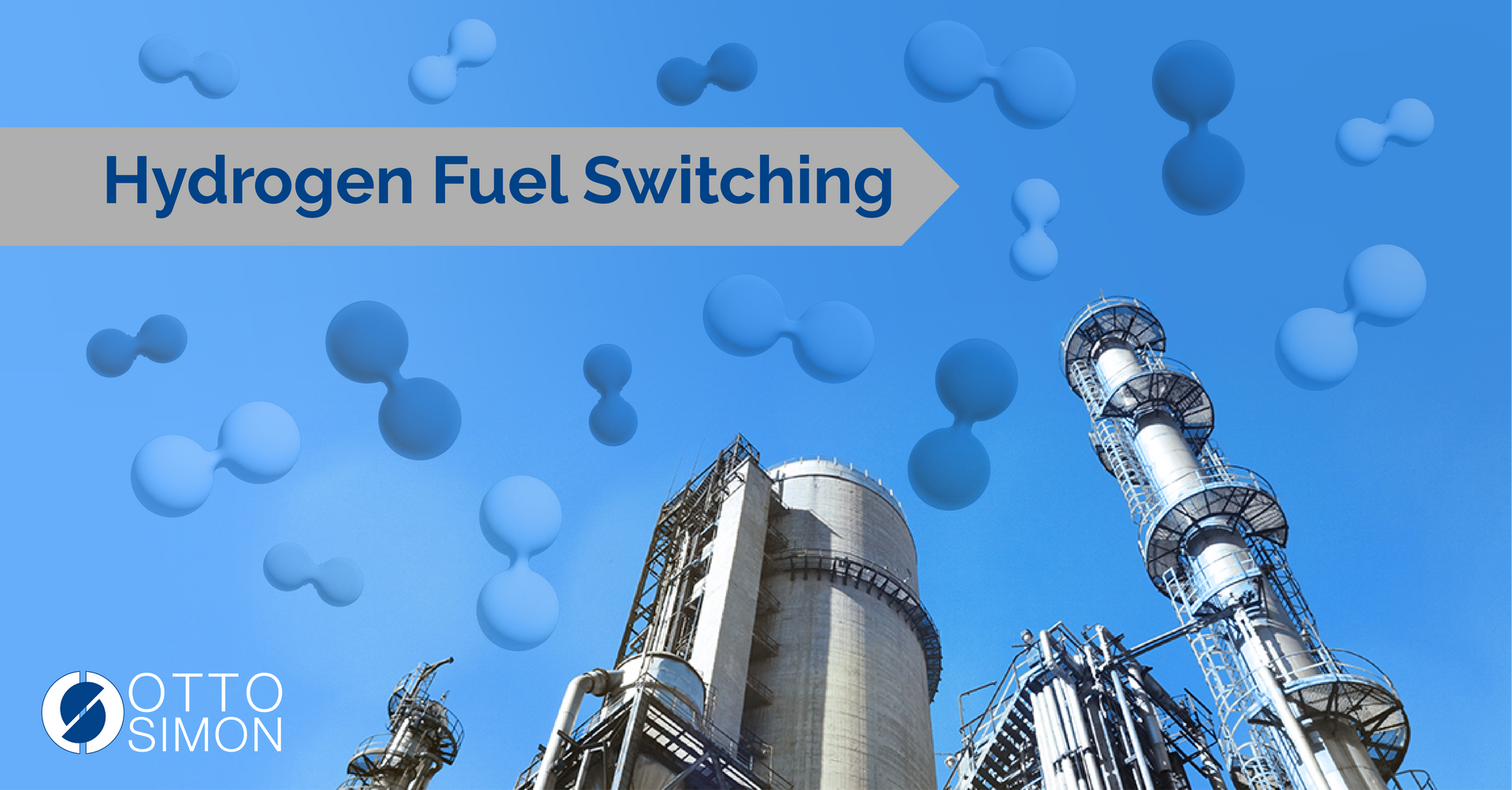Hydrogen Project Considerations
Hydrogen has been in use in the UK for many decades, but most frequently only in applications close to where it is produced. Consequently, there is a lack of familiarity with hydrogen outside of these limited facilities and this has led to a nervousness amongst potential users and a fear that hydrogen is a highly risky fuel. Distribution and use beyond such facilities has been unusual but is now seen as an integral part of the national drive to Net Zero by 2050. The time is therefore ripe for addressing the nervousness and for demonstrating that with sound engineering and operational practices, hydrogen can be used safely and successfully.
Hydrogen burns without producing any carbon dioxide by-product and is a viable alternative to natural gas. Provided that it can be produced in a sustainable manner, the use of hydrogen as a substitute fuel to natural gas is therefore seen as an important part of the UK’s move to decarbonising industry; especially the high energy use sectors, like the chemical processing and thermal industries that Otto Simon serves.
This drive to increase the use of hydrogen across industry is now driving the regulatory environment which is changing rapidly.
Engineering challenges associated with hydrogen are primarily driven by its small molecular size. It is the smallest element and therefore has a high propensity to leak. If it does leak and accumulate, hydrogen is very likely to ignite or explode. The explosive range of hydrogen is greater than natural gas and the required ignition energy smaller; however, by applying sound engineering practices it can be handled safely.
Over the last few years, Otto Simon has been working to support clients with trialling the switch to hydrogen fuel and we have gained significant experience in the design and engineering of hydrogen facilities as well as practical knowledge of the safety requirements to ensure the safe use of hydrogen fuel.
Recent Developments in Hydrogen Fuel Switching Projects
Otto Simon has worked across several industrial sectors in recent years on projects to trial the use of hydrogen as a substitute for natural gas as a fuel, either as a blend or as a full replacement. These trials are ‘proof of concept’ to facilitate the conversion to hydrogen fuel (blue or green) once large-scale hydrogen production and distribution networks are operational.
Our recent projects have included hydrogen trials in the following industries:
- Glass Manufacturing
- Breakfast Cereal Production
- Aluminium Recycling
- Ceramics Production
- Steel Vessel Forming
Building upon extensive feasibility studies, Otto Simon has been responsible for designing trial rigs to deliver hydrogen to these facilities allowing the client to run trials by operating their existing facility on hydrogen fuel. In all instances, these trials aim to demonstrate that our clients can produce quality products using hydrogen fuel in a safe manner.
Based on our experience, Otto Simon has compiled the following key considerations that are vital for a successful hydrogen fuel demonstration plant:
Trial Aims
- Demonstrate the use of hydrogen fuel without affecting the product quality or impacting plant operations.
- Identify what equipment / assets can be used with hydrogen fuel (particularly important with older equipment).
- Identify the required modifications to equipment and site infrastructure.
- Provide confidence to invest in the longer-term transition to hydrogen.
- Ensuring the site still meets NOx emission levels and has required planning permission etc.
Trial Location and Definition
- Identifying representative operational equipment to use in the trial without disrupting plant operations.
- Defining trial length, parameters, and success measurements with the client.
- Evaluating hydrogen supply options (Road trailer, MCPs (Hydrogen manifolded cylinder pallets), or production on site).
- Assessing and mitigating site layout constraints: hydrogen infrastructure, tie-ins, and hydrogen tanker access logistics; safety considerations (i.e. hazardous area); neighbours.
Safety Case
- Hazard Studies (including HAZOP).
- LOPA.
- Dispersion modelling.
- DSEAR/ATEX proximity to other existing site facilities.
Key Learnings from Hydrogen Fuel Switching Trials
Some key points Otto Simon has learned from our recent experience with delivery hydrogen fuel switching trials include:
- Simple assumptions about hydrogen can be deceptive.
- Older equipment needs careful assessment before hydrogen can be introduced.
- There are many perceptions about hydrogen.
- Do not assume that equipment is “hydrogen ready” without checking.
The Future of Hydrogen Fuel
The results of the current trials aim to demonstrate that hydrogen fuel can be used without affecting the product quality or impacting plant operations, however, studies and trials are unique to the equipment and processes of each facility. We hope the success of these ‘proof of concept’ trials will give companies within the chemical process and thermal industries the confidence to investigate the switch to hydrogen fuel once a hydrogen distribution system and ‘hydrogen economy’ are in place, but individual facilities will need to carefully consider the modifications required to adapt their site to hydrogen usage and check that hydrogen fuel is a feasible alternative for their process.




